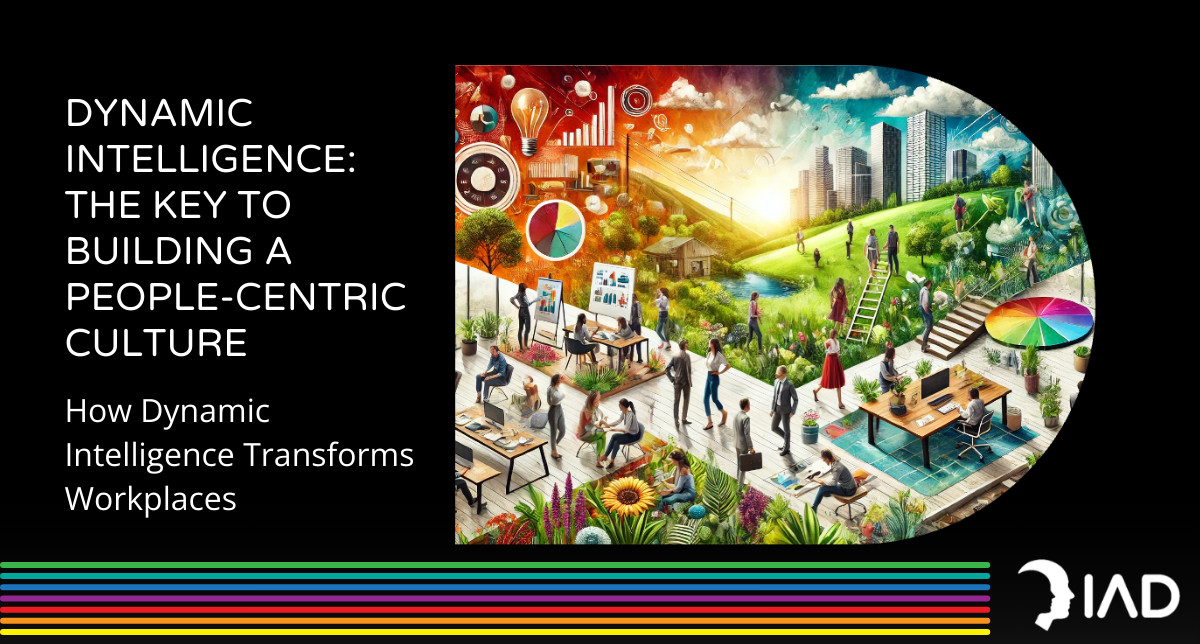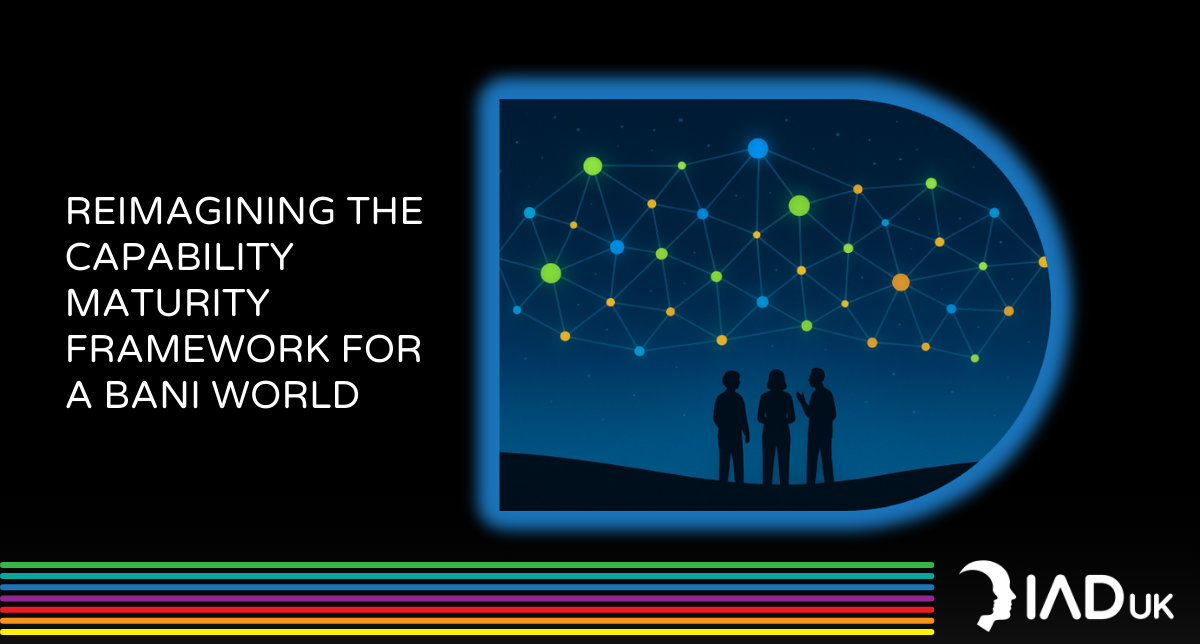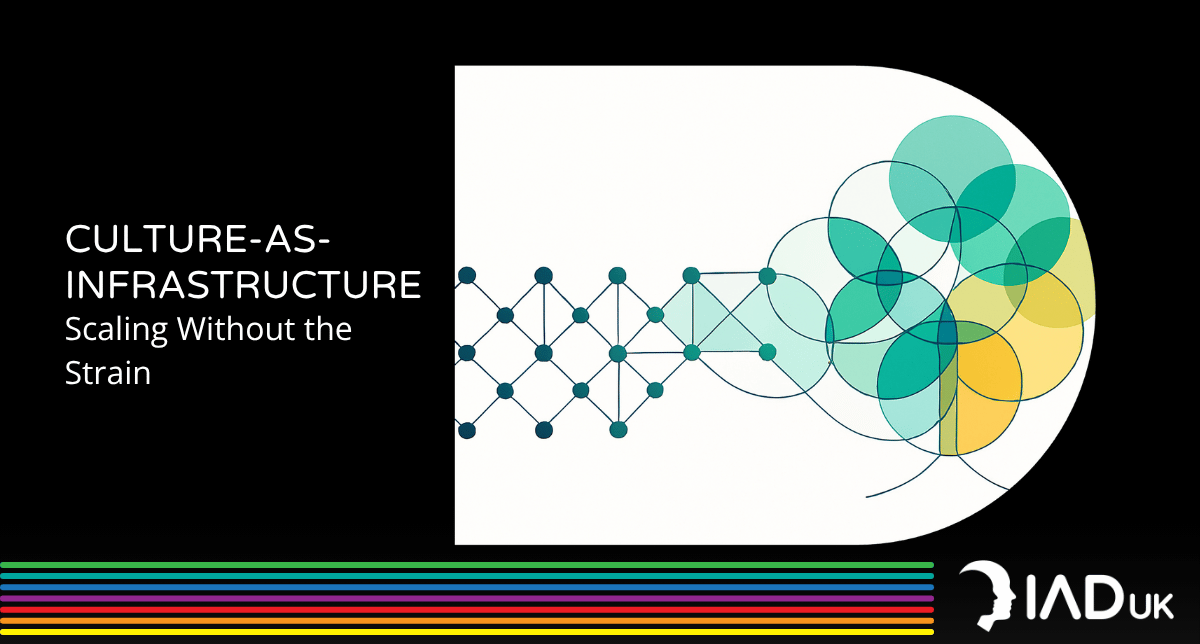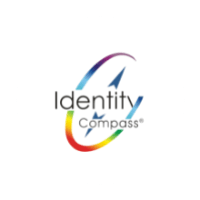Dynamic Intelligence: The Key to Building a People-Centric Culture
How Dynamic Intelligence Transforms Workplaces

In today’s rapidly evolving workplace, the expectation for organisations to prioritise employee well-being and development has never been higher. The post-pandemic era, coupled with technological advancements and shifting societal values, has amplified the demand for workplaces that nurture personal and professional growth. Employees are no longer satisfied with just a paycheque; they seek environments where they can thrive both personally and professionally. This shift has placed HR leaders at the forefront of a new challenge: creating a culture that is not only productive but also deeply people-centric.
Balancing the needs of employees with business demands in today’s volatile, uncertain, complex, and ambiguous (VUCA) world is no easy feat. Traditional management practices often fall short when addressing these dynamic challenges, leaving leaders searching for more adaptable approaches. This is where Dynamic Intelligence (DI) comes into play. DI is the capacity that enables higher levels of self-awareness, intentionality, adaptability, and responsiveness. These core elements are crucial for understanding and meeting diverse employee needs while navigating the complexities of modern business environments.
Dynamic Intelligence offers a transformative approach for HR leaders striving to build a more connected, flexible, and responsive workplace. By developing greater Intention, Awareness,, Choice, and Response, leaders can effectively balance the complex demands of today’s business landscape with the needs of a diverse workforce. This article will explore the five key attributes of a people-centric workplace—fostering emotional connections, promoting autonomy and flexibility, encouraging personal growth, ensuring holistic well-being, and taking real action on social issues—and demonstrate how higher levels of DI support each attribute.
Fostering Emotional Connections
Emotional connections are the backbone of a thriving workplace. These connections foster a sense of belonging and community, making employees feel valued and understood. Strong emotional bonds lead to increased engagement, job satisfaction, and overall well-being. Employees who feel emotionally connected to their colleagues and organisation are more likely to be motivated, committed, and productive.
Leaders with higher levels of Dynamic Intelligence (DI) are better equipped to foster these emotional connections. By developing greater self-awareness and compassion, they can more effectively tune into the emotional needs of their employees, responding in ways that are both meaningful and supportive. DI enables leaders to create an inclusive environment where diverse emotional experiences are recognised and valued, further strengthening the fabric of the workplace community.
Promoting Autonomy and Flexibility
The expectations of today’s workforce are shifting. Employees increasingly seek more control over how, when, and where they work, driven by technological advancements and a desire for better work-life balance. Flexible work arrangements, such as remote work, flexible hours, and hybrid models, empower employees to tailor their work to their individual needs and preferences.
Leaders with higher levels of Dynamic Intelligence (DI) are better equipped to navigate the complexities of offering flexibility while maintaining productivity and alignment with organisational goals. By understanding the diverse needs of their workforce, these leaders can make informed decisions about flexible work arrangements and foster a culture of trust and autonomy, empowering employees to do their best work.
Encouraging Personal Growth
Personal growth is a crucial component of a fulfilling career and a vibrant workplace. When employees have opportunities for continuous learning and development, they are more engaged, motivated, and likely to stay with the organisation. Supporting personal growth benefits not only the employees but also the organisation, as it leads to a more skilled, adaptable, and innovative workforce.
Leaders with higher levels of Dynamic Intelligence (DI) are better at recognising the unique developmental needs of their employees. By recognising habitual thinking patterns that that are out of Awareness for the individual, these leaders create tailored development opportunities that align with both personal and organisational goals. DI fosters a growth Thinking Style within teams, encouraging employees to embrace challenges, learn from feedback, and pursue continuous improvement.
Ensuring Holistic Well-Being
Holistic well-being is a comprehensive approach that encompasses physical, mental, and emotional health. Employees are more than their job roles—they are whole individuals with diverse needs that must be acknowledged and supported for them to thrive. Addressing all aspects of well-being is crucial, as neglecting any single area can negatively impact an employee's performance, engagement, and satisfaction.
Leaders with higher levels of Dynamic Intelligence (DI) can better understand and address the holistic well-being of their employees. These leaders recognise the interconnectedness of various well-being dimensions, and the impact of Thinking Style on well-being, and can identify early signs of burnout or disengagement. DI enables leaders to create a culture that values and integrates wellness into daily operations, ensuring that employees feel supported not just in their roles but as individuals with unique well-being needs.
Taking Real Action on Social Issues
Today’s organisations are increasingly expected to take a stand on social and cultural issues. Employees, customers, and stakeholders demand sincerity and ethical behaviour from companies. Taking meaningful action on social issues reflects the company’s values and contributes to a positive societal impact, enhancing employee loyalty and attracting talent.
Leaders with higher levels of Dynamic Intelligence (DI) are better equipped to align organisational actions with social values. These leaders are attuned to the evolving social landscape and understand the importance of taking sincere and impactful actions that resonate with both employees and the broader community. DI fosters a culture of integrity and meaning, empowering employees to contribute to social causes and ensuring that organisational decisions reflect a commitment to making a positive difference for the greater good.
In an ever-changing world, how can Dynamic Intelligence help us balance the needs of a modern workforce with the demands of VUCA environments?
Balancing VUCA Environments with Modern Workforce Needs
Leading in a VUCA (volatile, uncertain, complex, and ambiguous) environment requires quick thinking, adaptability, and resilience. These environments challenge traditional leadership approaches and demand a balance between organisational agility and employee support. Leaders must make informed, swift decisions while maintaining focus on long-term goals, often creating tension between agility and stability (sometimes referred to as maintaining ‘stagility’).
Leaders with higher levels of Dynamic Intelligence (DI) are uniquely positioned to navigate these challenges. By developing greater Intention, Awareness, Choice, and Response, they dynamically adjust strategies to meet evolving business demands while still prioritising employee needs. DI allows leaders to balance short-term actions with long-term goals, fostering a resilient and adaptable workforce better equipped to thrive in VUCA environments.
As we embrace the power of Dynamic Intelligence, what steps will you take to ensure your organisation thrives amidst constant change?
Conclusion
Dynamic Intelligence (DI) is the foundation of a people-centric culture. It enables leaders to foster emotional connections, promote autonomy, encourage growth, ensure holistic well-being, and take meaningful social action—all while navigating the complexities of a VUCA environment. DI is not just a tool for managing change but a holistic approach that balances organisational demands with employee needs, creating a resilient, engaged, and adaptable workforce.
Are you ready to leverage the power of Dynamic Intelligence to transform your workplace into a thriving, people-centric culture? The journey starts with intention. What's yours?
To explore how we can help support a people-centric culture through enhanced leadership Dynamic Intelligence, get in touch with us at the Institute for Adult Development.
Alternatively, you can find out more and download our comprehensive brochure.




